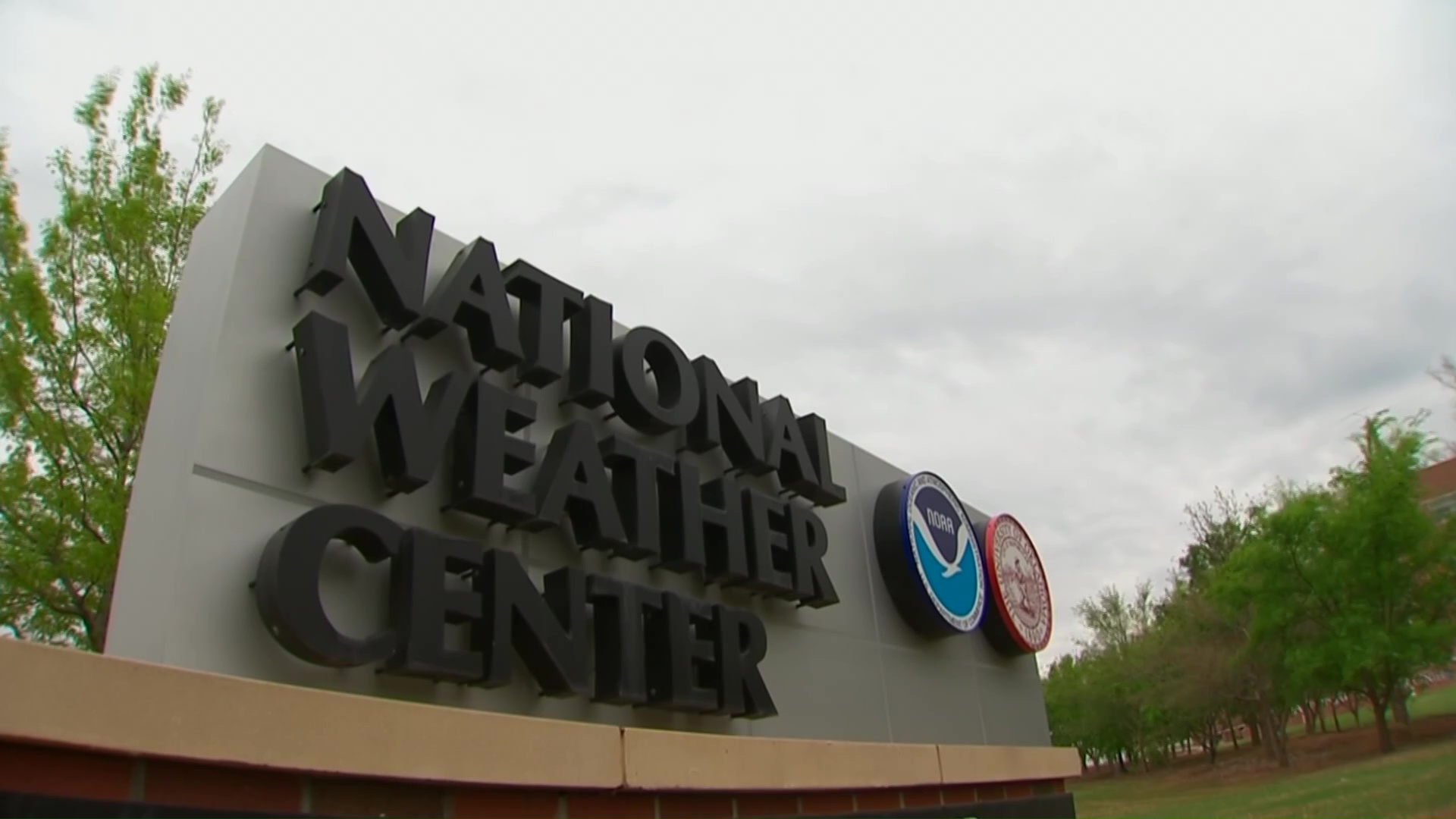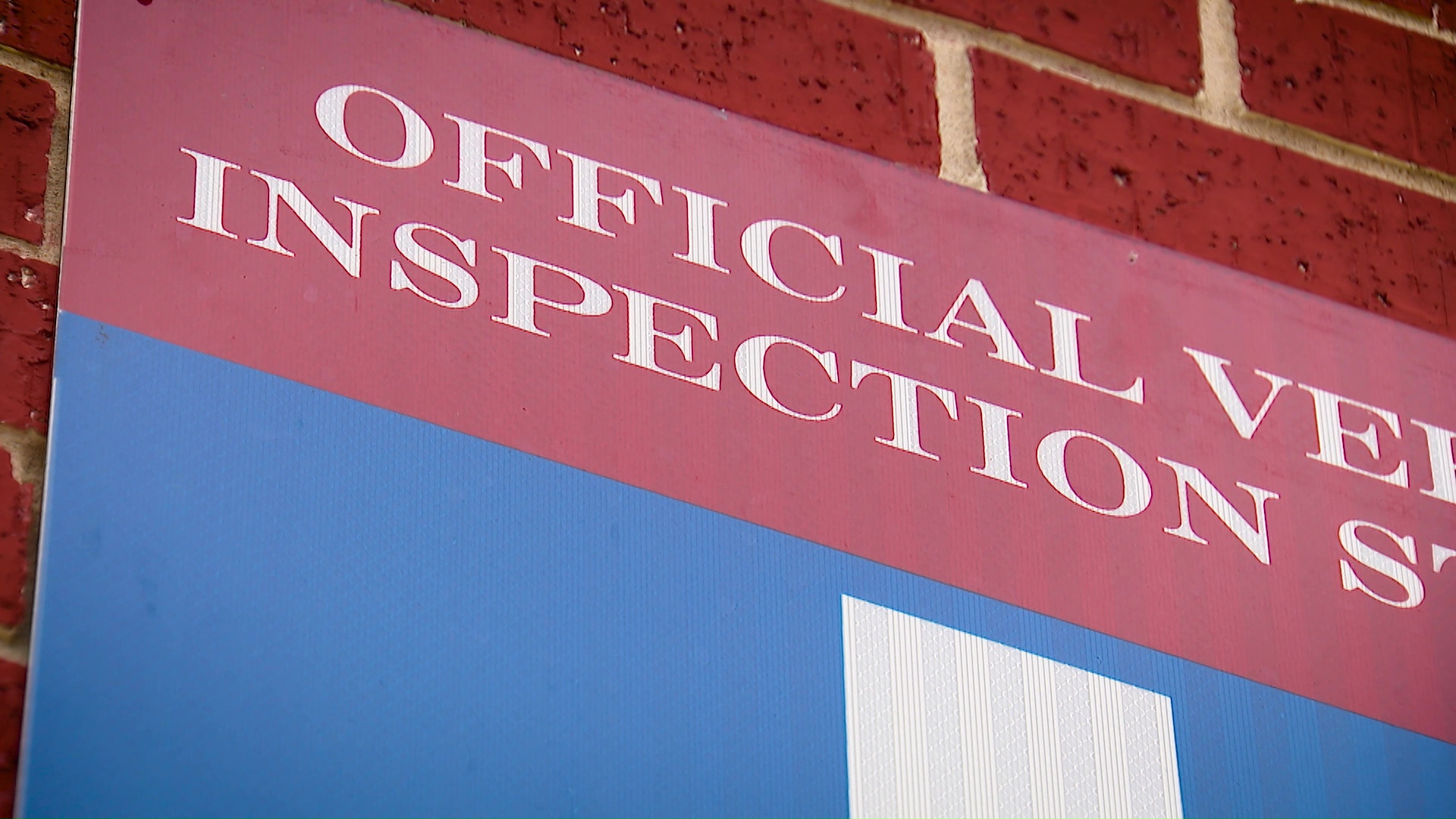An NBC 5 investigation has found many Texas police departments don't follow their own advice when it comes to warnings about distracted driving. Crashes involving distractions inside police vehicles now frequently happen across the state.
The list of distractions continues to grow. In many cities, they're often found operating two-way radios, smartphones, dashboard-mounted computers and on-board cameras while they drive.
Watch NBC 5 free wherever you are
A search of state accident reports reveals at least 70 crashes in just 24 months where some kind of distraction inside an emergency vehicle contributed to the wreck -- an average of almost three crashes per month. Those are just the crashes that involved enough property damage or injury that they had to be reported to the state.
In May 2010, a vehicle driven by an Austin police officer ran a stop sign and struck Louis Olivier on his motorcycle. The officer admitted he was using a dashboard computer when he rolled through the stop sign.
Get top local stories in DFW delivered to you every morning with NBC DFW's News Headlines newsletter.
The crash severely injured Olivier.
"My body was lying one way, and my leg was lying backwards, and you could see all the bones sticking out because I'd broken four bones in four places," he said.
More than two years later, OIivier, a former tennis pro from South Africa, struggles to walk and complains of constant pain. He said the incident completely changed his life.
NBC 5 Investigates
Uncover. Reveal. Expose.
"Oh, it's been tough," he said. "It's so difficult to explain to somebody these days -- when I sit in my bedroom, and I look out on the road, and I just start crying like now. It's terrible."
Kevin Navarro, a top driving instructor at the Dallas Police Department and a leader of ALERT International, a national organization of police trainers, said officers have more to deal with inside their vehicles than ever before.
Officers sometimes forget the dangers because they've become so used to juggling radios, phones and computers that give important information and fast communication with dispatchers, he said.
"We get very complacent," Navarro said. "We know it's dangerous, but when we do it several times, over and over again, and it comes out positive, we think we're good at it, and we're really not."
NBC 5 Investigates uncovered video from a crash in February when a Tarrant County sheriff's deputy ran a red light, injuring a woman in a sport utility vehicle while he was reading a message on his computer.
The Tarrant County Sheriff's Office disciplined the deputy.
The department has one of the toughest polices on distracted driving in the entire Dallas/Fort Worth Metroplex.
"Other than one-button responses to indicate an employee is en route to, has arrived at, or is clearing a scene, typing messages on the MCT while the vehicle is being operated is prohibited," the policy states.
Tarrant County Deputies are expected to pull over to type messages that go beyond a one-button response.
"If they don't follow the policy, they're dealt with," Tarrant County Sheriff Dee Anderson said. "And it also gives us protection against liability issues because we do have a policy that says don't do these sort of things."
NBC 5 Investigates requested to review the policies of many of the largest police departments in the Metroplex. The search revealed many police departments do not have policies to prevent officer distracted driving.
The Arlington Police Department still allows officers to text or type on computers while the car is moving, even though Arlington is the only North Texas city that prohibits citizens from texting and driving.
While driving through Arlington, NBC 5 Investigates saw officers typing and reading messages while the car was moving.
One Arlington police officer could be seen on video rolling down busy Collins Street, his attention divided between the screen and the road.
Arlington's police chief refused to answer questions about the department's policy. But Mayor Robert Cluck said he does not have a problem with officers typing and driving and is not concerned about crashes.
"I'm sorry it happened in other cities. It hasn't happened in Arlington," he said.
When asked if he was concerned that it might happen in Arlington, Cluck said, "not really."
"I just think our officers are above the fray there," he said.
The mayor did admit that Arlington police had three minor collisions involving officers using computers in the last few years.
But he said the benefits of the computers outweigh the risks and said he thinks Arlington cops are better equipped to handle distraction.
"They're well-trained," he said. "They understand distracted driving, and they can do both."
But the Tarrant County sheriff doesn't want officers do both.
"The distractions become almost level with driving while intoxicated," Anderson said. "The statistics of accidents go up sharply when you're distracted."
New technology eventually may let officers use voice commands instead of typing. But new equipment is expensive and may be a long way off in many cities.
Other technology that's available could lock the computers while the car is motion. But some agencies are concerned that would prevent officers from exchanging vital information on their way to a call.
After the crash that injured Olivier, the Austin Police Department changed its policy.
"The expectation and the policy is to stop the car -- pull over, complete what they need to do and then proceed," Assistant Chief Sean Mannix said.
Olivier said that is how it should be in every city, because one officer's momentary distraction can change everything.
"To me, they are causing an enormous problem, because accidents can happen so quickly in the blink of an eye," he said.
Austin police have paid Olivier a settlement since the 2010 crash.



